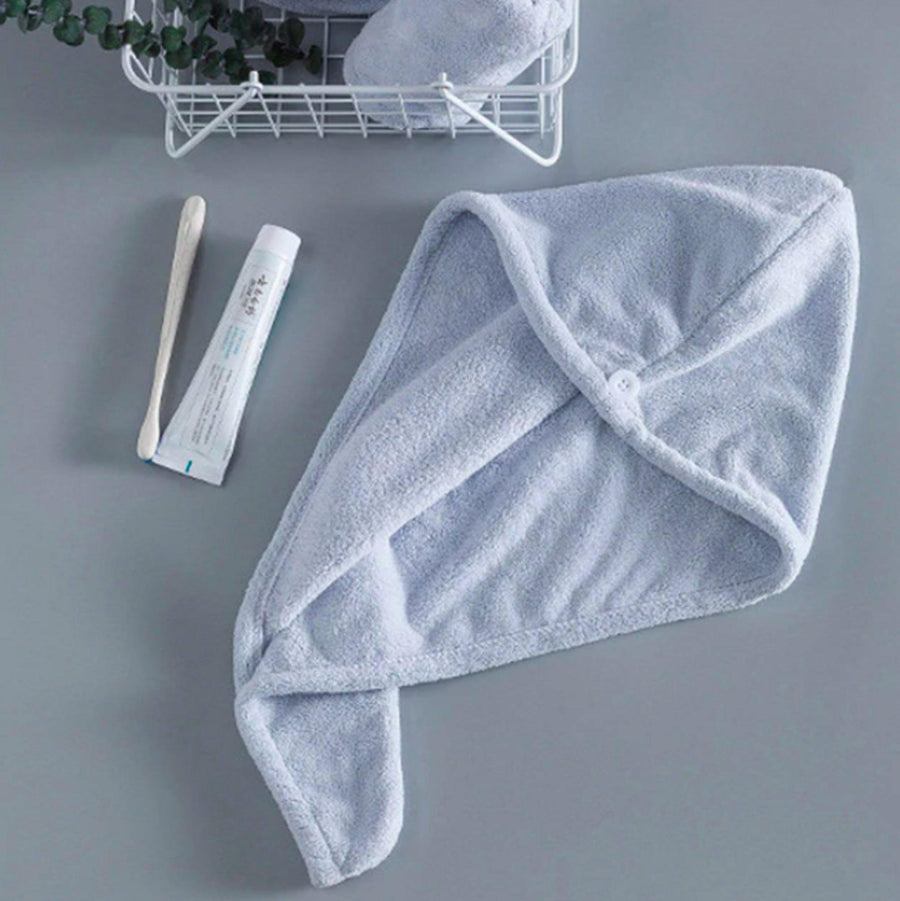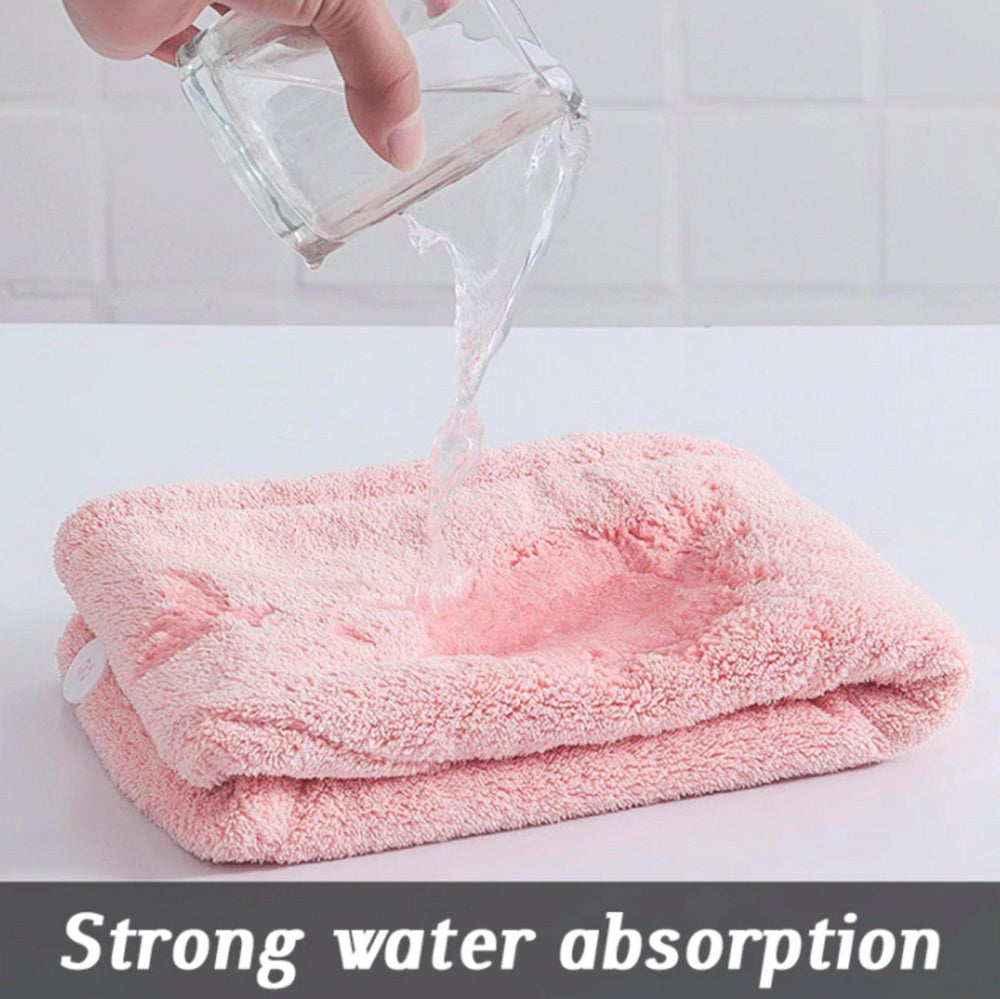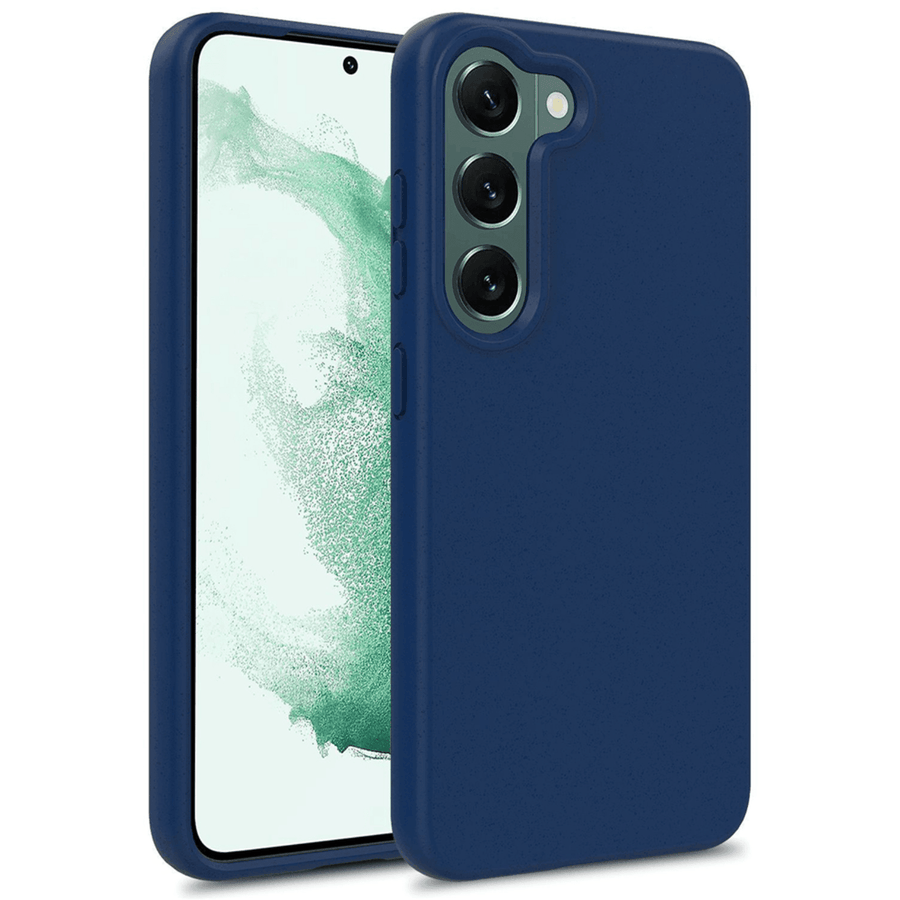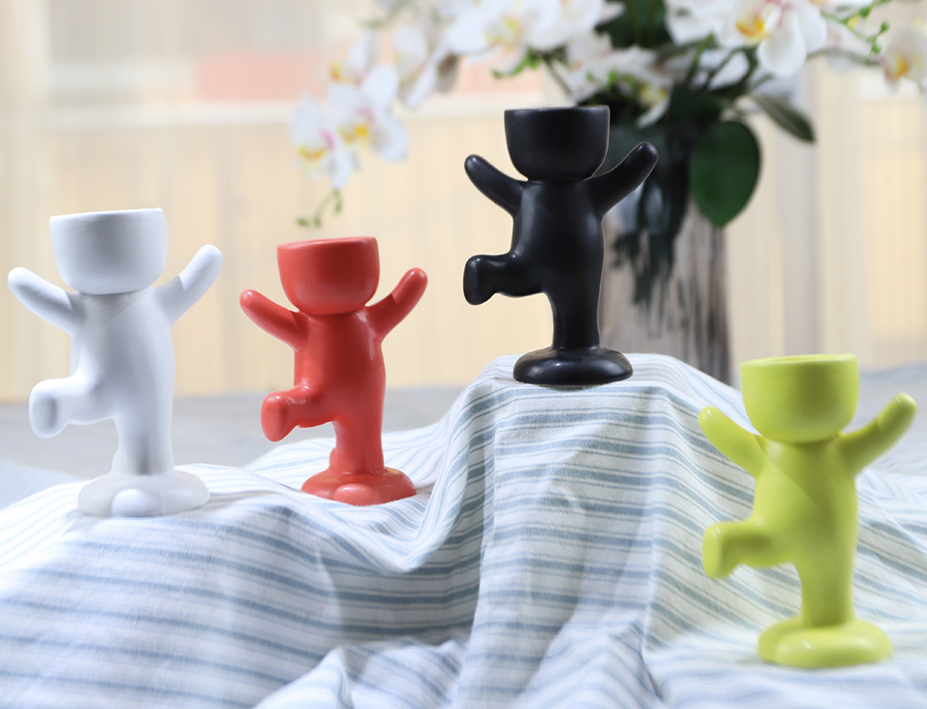Top 16 non-vegan ingredients in beauty products
With an increasing health awareness, people are pursuing vegan skin care product. The profound meaning is not only for health, but also for the world and the protection of animal rights.

What is vegan?
Vegan does not simply mean pure nature. Except for animal testing, vegan products do not use any animal-derived ingredients or animal by-products, such as milk, honey, and fish oil. A vegan product is not intended to please consumers.We need to know that the ultimate purpose of making or using vegan products is to help animals and keep them from harm, not to show how pure or noble their personal choices are. Vegan product can effectively repair the skin without irritation, which is especially suitable for sensitive skin. Knowing vegan products, you can more easily choose skin care products based on your own principles, preferences, and positions, and use them with more peace of mind.
Top 16 most common animal ingredients in skin care product.
Some of the commonly seen animal ingredients in beauty product will be listed below, if you are a vegan consumer, you should be aware of this.
1) amino acids — found in all animals and plants to link proteins. Can be artificial or vegetable ingredients instead.
2) bee pollen — Superfine cereal flour on seed plants that sticks to the feet of bees and spreads. It is often used in shampoos, toothpastes, and nutritional supplements, which can cause sensitivity to some people.
3) beeswax — Beeswax is an animal by-product made by bees in honeycombs. Used in lipsticks and creams to thicken the texture of the product. Although it is natural, it is not easily absorbed by the skin, so it has the opportunity to block pores.
4) fatty acids — can be any liquid or solid acid, such as triglycerides, palm, to prevent the skin's horny water from evaporating. Common in lipsticks, soaps, and detergents. Can be replaced by acid extracted by plants.
5) fish liver oil — Mostly used in vitamins and health supplements.
6) gelatin — Protein obtained by boiling animal skins, bones, and tendons in water. They are often made into shampoos, masks, etc., and can also be made into gelatin, marshmallows, and cakes.
7) glycerin — Mostly a by-product of soap made from animal fats, vegetable oils can be used instead.
8) honey — Can be used to add color or to make cosmetics smoother. Some people are allergic to honey, and babies are more unsuitable.
9) hyaluronic acid — If it comes from an animal, it is mostly taken from the umbilical cord and joints. Can be replaced by vegetable oils and artificial ingredients.
10) keratin — from grinded animal horns, hoofs, feathers and hair, mostly used in shampoo, conditioner, etc., can be replaced by almond oil, soy protein, etc.
11) lactic acid — mostly from plants, but also from animal blood, muscle tissue or milk. It has antiseptic effect in products, and is also used in exfoliating products and maintaining the pH of products.
12) lanolin — An oily residue of wool, used in most skin care products to exert moisturizing and emulsifying effects.
13) musk — A spice formed by the secretions of the musk deer, muskrat, and beaver's sacs. The process of harvesting may kill the animal, or remove it from the living body, using cruel methods. Mostly used in fragrances and food spices.
14) retinol — Vitamin A is mostly used in anti-wrinkle products.
15) royal jelly — Secretions obtained from glands such as the tongue and maxillary glands of worker bees as food for queen bees.
16) squalene — Oil from shark liver for moisturizers and hair dyes. Can be replaced by olive oil and wheat germ oil.








